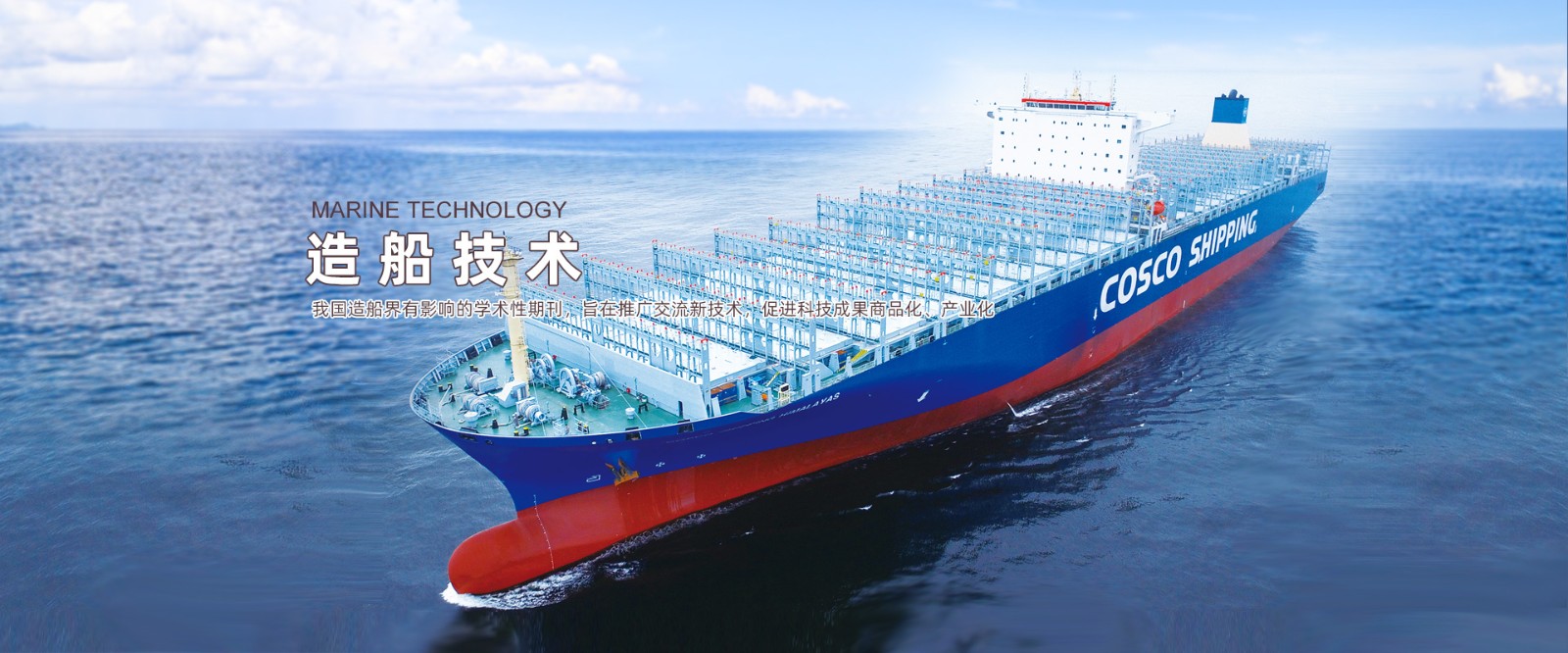Abstract:The shipbuilding process involves a long cycle and a significant proportion of material costs, which can be influenced by various factors such as commodity price index and exchange rate. As a result, there can be substantial discrepancies between the actual completion cost and the initial quotation estimation.To address this issue, the article employs a gray correlation degree to identify the factors that influence material costs. Furthermore, the article develops a rolling prediction model for shipbuilding material costs using a long and short-term memory neural network model (LSTM). To test the model"s effectiveness, the study analyzes 63 months of material cost data from a shipyard, consisting of 53 64,000-ton bulk carriers, and corresponding influencing factors data. The results demonstrate that the predicted data"s error rate is within an acceptable range, thereby validating the chosen method and constructed model. The research findings are practically significant for the real-time cost prediction and control of the manufacturing process.
